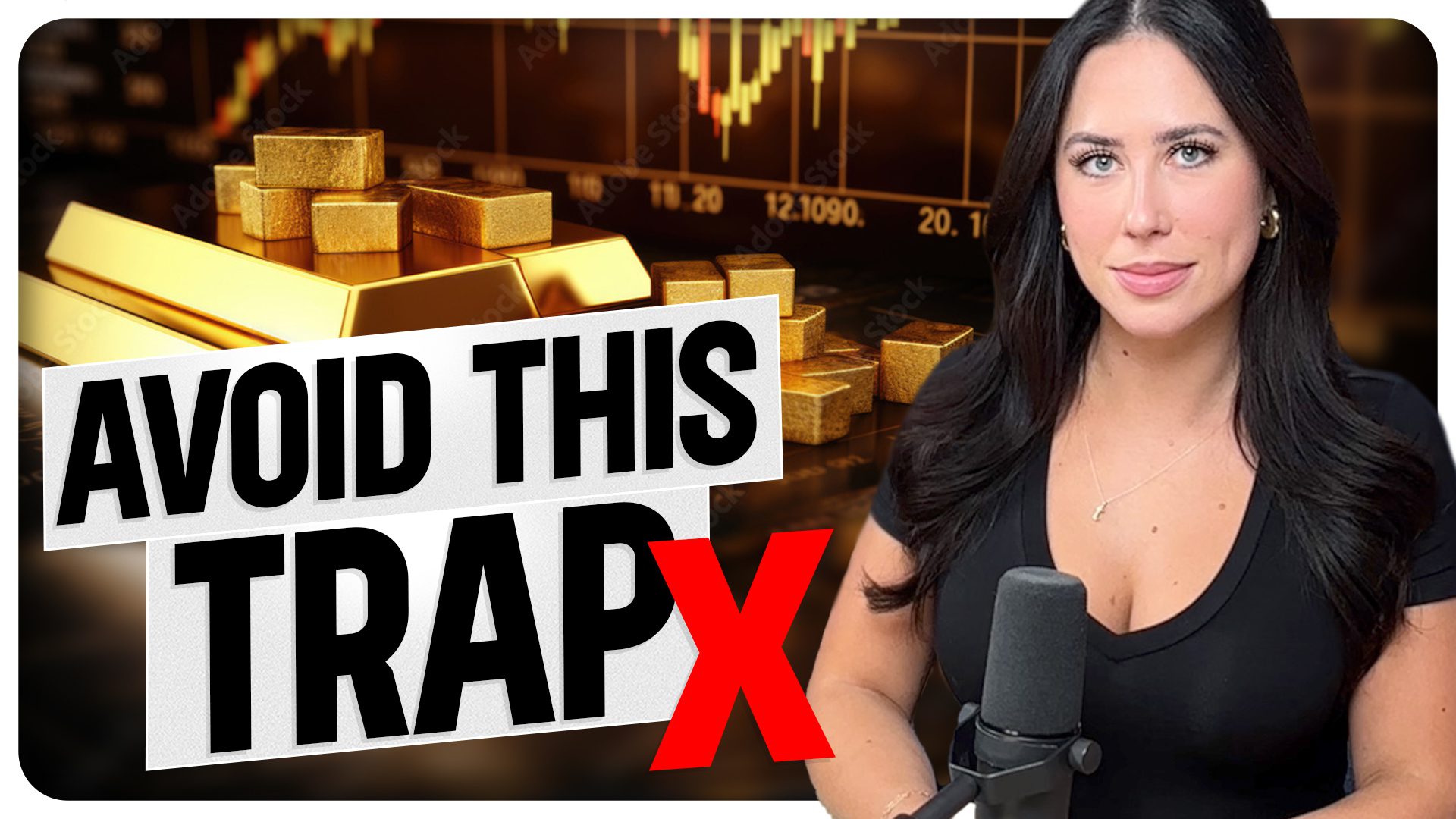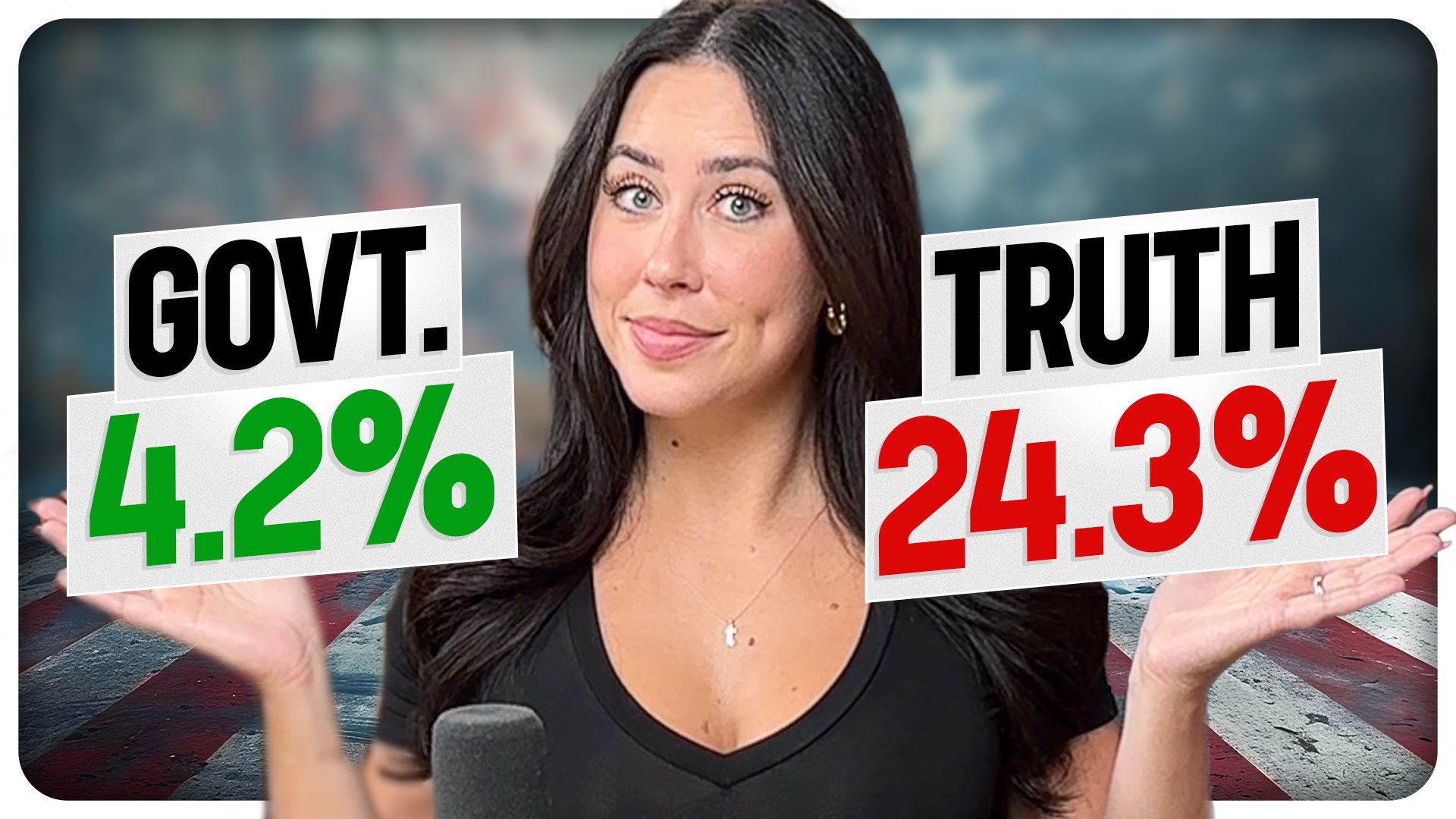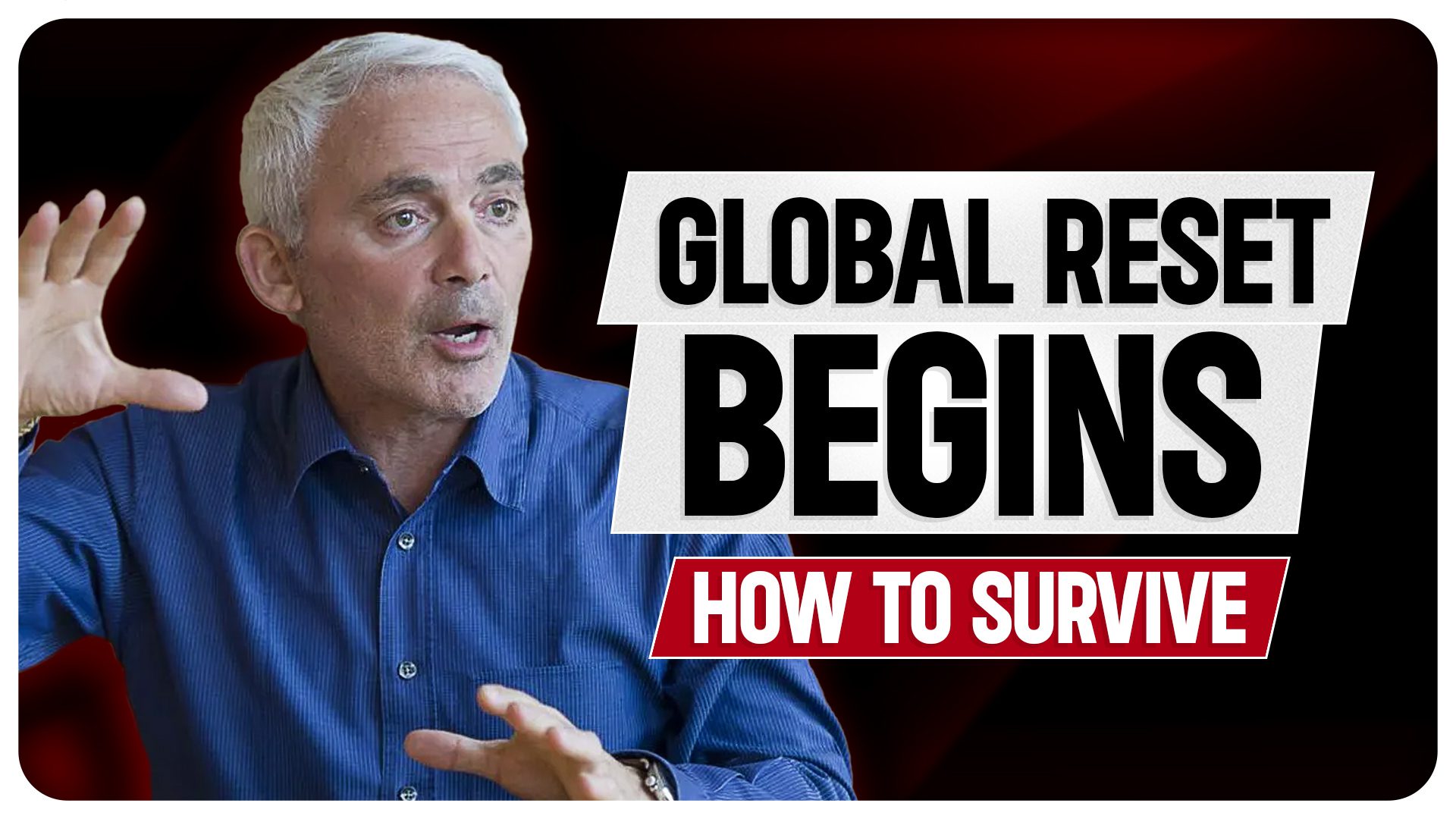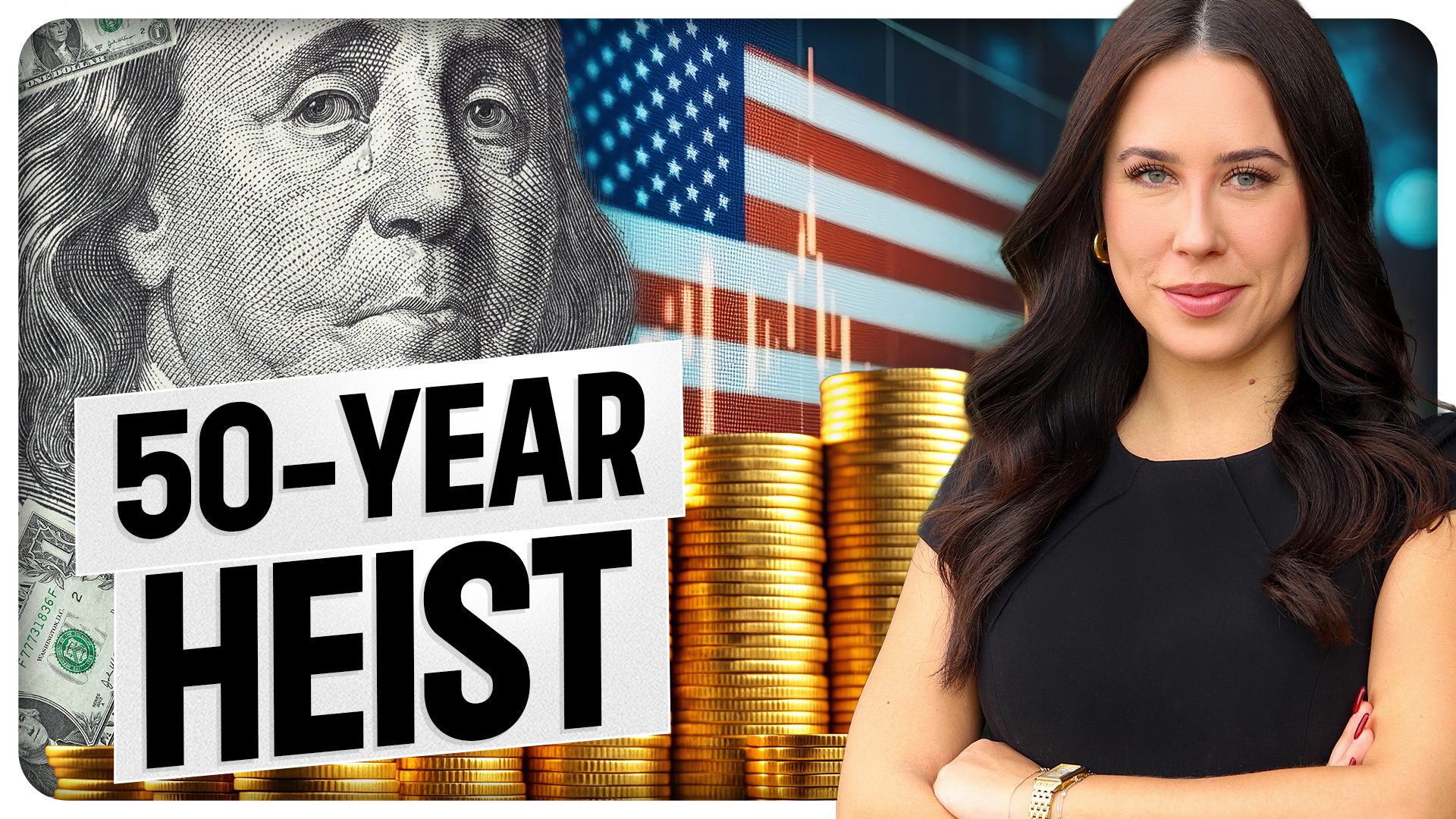The Next Financial Crisis You’ve Never Heard of is Starting (here’s why)
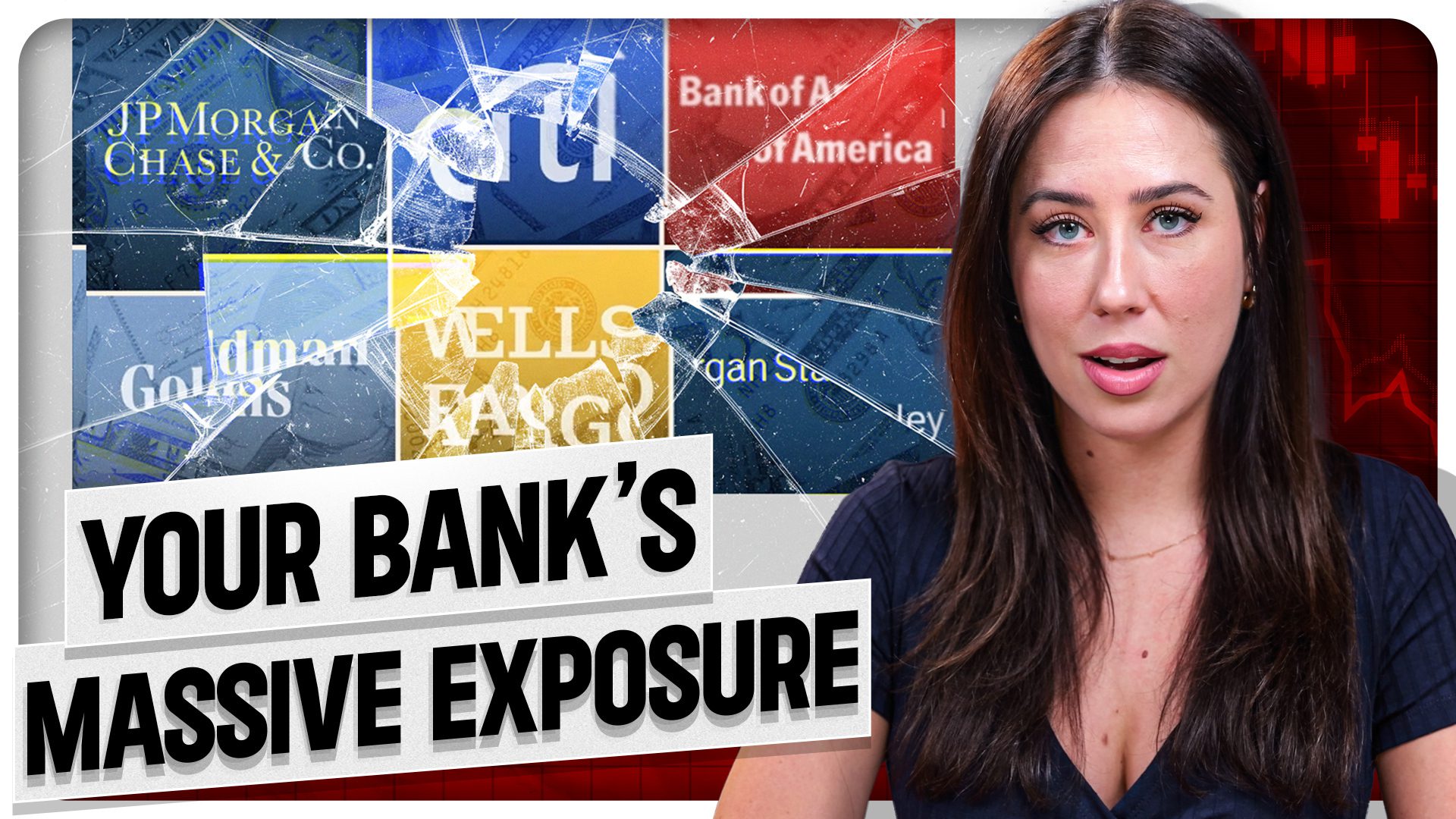
The United States is facing a growing risk from hedge funds that could potentially trigger the next financial crisis. According to the U.S. Treasury’s Office of Financial Research (OFR), hedge fund exposure has skyrocketed to over $28 trillion in 2024, yet the mainstream media remains largely silent on the matter. Hedge funds, which pool private investor money and invest in risky assets, have significantly increased their borrowing and exposure to non-traditional investments. But what does this mean for you?
How Wall Street Banks Are Involved
Wall Street banks, the same ones that played a significant role in the 2008 crash, are deeply tied to hedge funds through a practice known as “prime brokerage.” This service provides leverage to hedge funds by trading securities and derivatives, many of which are the same complex financial tools that contributed to the 2008 crisis. While these banks, including giants like Goldman Sachs, Morgan Stanley, and JPMorgan Chase, continue to profit, they are putting everyday depositors at risk.
Prime brokerage has made banks increasingly reliant on hedge fund profits. As of 2022, these services accounted for over half of the equity revenues for major Wall Street banks, encouraging them to take on even more risk. But what happens if these hedge funds default? Banks may not have the liquidity to cover the losses, and the risk spills over to depositors and the broader financial system.
The Failure of Dodd-Frank
In 2010, the Dodd-Frank Act was passed to prevent another financial meltdown. This legislation was supposed to limit risky behaviors by Wall Street banks and hedge funds, but years of lobbying and watered-down enforcement have left the financial system vulnerable once again. Despite the regulations, the same toxic assets and financial strategies continue to be shuffled around, creating a “kick the can down the road” scenario that may eventually explode.
One recent example is the collapse of Credit Suisse in 2023. A large hedge fund, which was deeply involved in margin calls with the bank, defaulted, accelerating Credit Suisse’s downfall. This event is a stark reminder that the systemic risks of hedge funds and prime brokerages have not disappeared—they’ve only grown larger.
Are Your Deposits Safe?
Many people believe that their deposits are protected by the Federal Deposit Insurance Corporation (FDIC). While this is true to some extent, the FDIC currently has only 1.17% of all insured deposits available, according to their own reports. This means that in a widespread financial crisis, there may not be enough funds to cover all the deposits at risk. We saw this play out in the 2008 crash, and despite what some may believe, you cannot simply “paper over” a crisis of that magnitude.
What Should You Do?
The most important takeaway is that if you’re invested entirely within the system, such as traditional banks and Wall Street investments, you’re not truly diversified. A failure in one part of the system can easily cascade throughout the entire financial structure. At ITM Trading, we believe in educating our clients on how to protect their wealth outside of this fragile system. Our team of expert analysts can help you understand the risks you’re facing and how to safeguard your assets, especially through tangible investments like gold and silver.
If you’re concerned about these growing risks, now is the time to act. Don’t wait for a crisis to happen—reach out to one of our analysts today and learn how to protect your wealth before it’s too late.
SCHEDULE MY STRATEGY CALL or call us direct at 866-351-4219.
